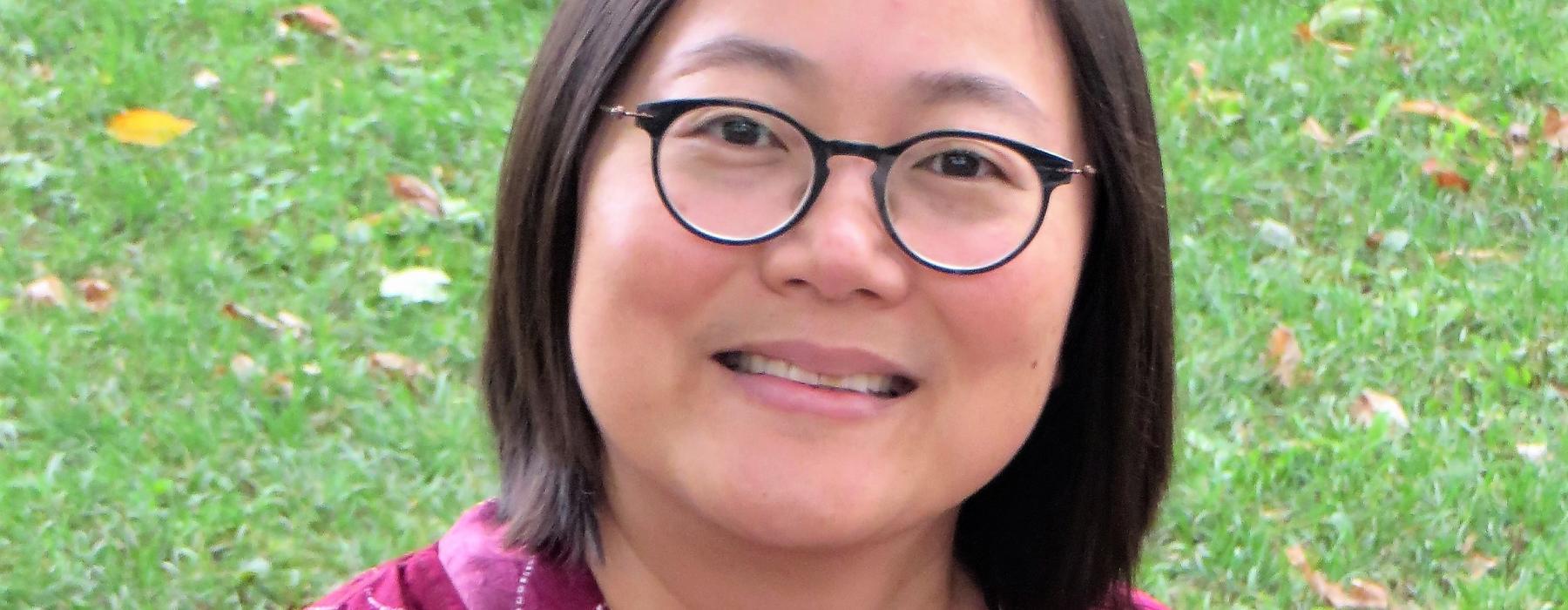Catherine Lu is Professor of Political Science at McGill University, and Coordinator of the Research Group on Global Justice of the Yan P. Lin Centre for the Study of Freedom and Global Orders in the Ancient and Modern Worlds at McGill. She received her PhD from the University of Toronto in 2000. Her research interests intersect political theory and international relations, focusing on critical and normative studies in international political theory on cosmopolitanism, global justice, human rights, intervention, colonial international order, structural injustice, and alienation, and reconciliation. Her doctoral work was published as a book, Just and Unjust Interventions in World Politics: Public and Private (Palgrave Macmillan, 2006). She has received research fellowships from the School of Philosophy, Research School of Social Sciences, Australian National University (2013), the Alexander von Humboldt Foundation (2010-11), and the Edmond J. Safra Center for Ethics at Harvard University (2004-5). In 2018, she received the Friedrich Wilhelm Bessel research award by the Alexander von Humboldt Foundation.
Her second book, Justice and Reconciliation in World Politics (Cambridge University Press, 2017), won the 2018 Robert L. Jervis and Paul W. Schroeder Best Book Award from the International History and Politics Section of the American Political Science Association, the 2018 Yale H. Ferguson Prize from the International Studies Association - Northeast Region, the 2019 Best Book award from the International Ethics Section of the International Studies Association, and was co-winner of the 2018 Sussex International Theory Prize (UK), as well as shortlisted for the C.B. Macpherson Prize of the Canadian Political Science Association. Justice and Reconciliation in World Politics is a study in normative and critical theory of how to conceptualize practices of justice and reconciliation that aim to respond to colonial injustices in international and transnational contexts. Examining cases of colonial war, genocide, forced sexual labour, forcible incorporation, and dispossession, the book highlights the structural injustices involved in colonialism, based on race, class, and gender, and shows that interactional practices of justice and reconciliation have been inadequate in redressing these structural injustices. The book argues that contemporary moral/political projects of justice and reconciliation in response to the persistent structural injustices of a colonial international order entail strategies of decolonization, decentering, and disalienation that go beyond interactional practices of accountability and reparation, beyond victims and perpetrators, and beyond a statist world order.
